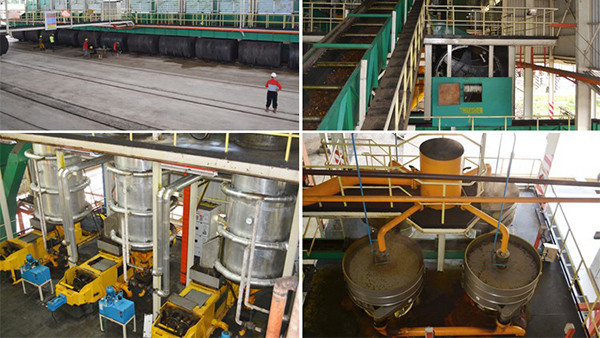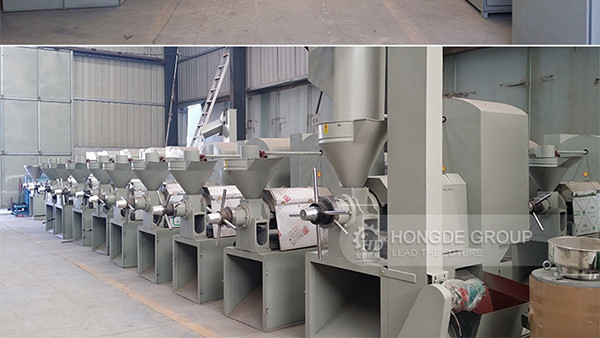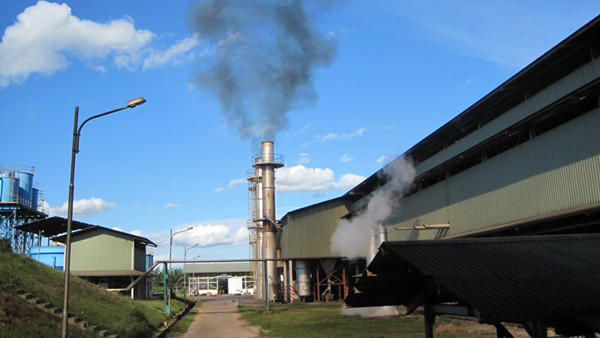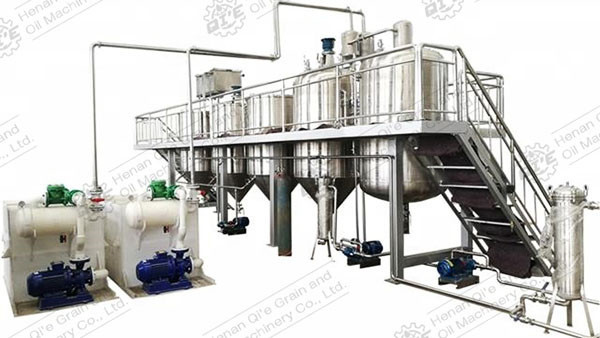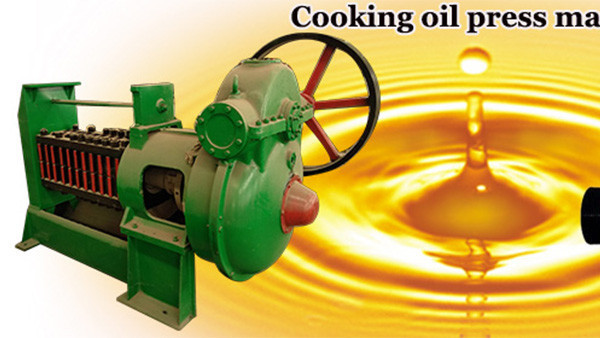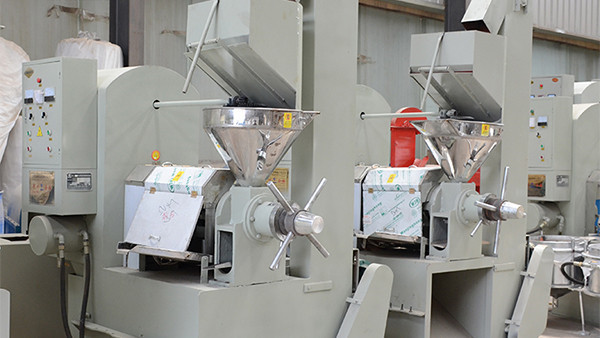
Do Seed Oils Cause Inflammation? Cardiologist Explains - Dr. Alo
Final Thoughts on Seed Oils and Cardiovascular Disease. The impact of seed oils on health, particularly heart health, is a multifaceted issue. While they offer essential fatty acids and potential benefits when replacing saturated fats, excessive consumption, especially without a balanced intake of omega-3 fatty acids, may contribute to inflammation and potentially adverse health effects.
Get Inquiry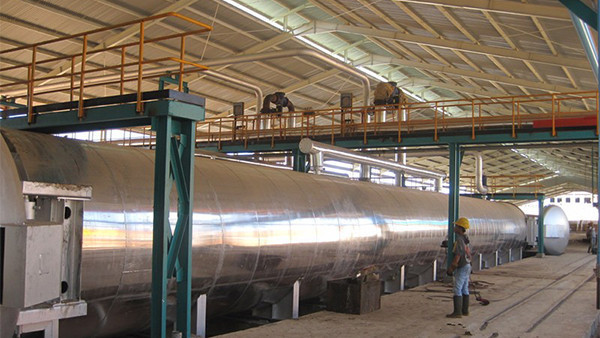
How To Plant Black Oil Sunflower Seeds For Maximum Growth
When planting the seeds, gardeners should follow the directions on the seed packet for the correct planting depth and spacing. The seeds should be planted 1-2 inches deep and spaced 4-6 inches apart. Once the seeds have been planted, gardeners should consider adding a thin layer of mulch to the top of the soil.
Get Inquiry
Sunflower Oil: What Makes It Bad for You?
Oleic Acid and Your Health. The culprit behind the increase in inflammation after consuming too much sunflower oil is oleic acid. Oleic acid is a chemical compound in animal and vegetable fats and oils. It is often considered a ¡°healthy fat¡± that can reduce inflammation, fight off damage from free radicals, and keep your heart healthy.
Get Inquiry
Cooking with Sunflower Seed Oil: Tips and Tricks
It is possible to refine the oil, even more to get rid of impurities and make it taste and look better. Some sunflower oil is cold-pressed, which means it is produced from the seeds without heat. This way, essential nutrients are kept, and the taste is softer and more natural. Some sunflower oil is taken out of the seeds using chemicals.
Get Inquiry
Homemade Sunflower Seed Bread - Ahead of Thyme
Push the dough firmly into a 5x9-inch loaf pan, pushing out the air. Cover and let it rise again, about 30 minutes. Meanwhile, preheat the oven to 375oF. Drizzle the top of the dough with the remaining tablespoon of sunflower oil and remaining tablespoon of sunflower seeds. Bake for 60 mins, until well risen and golden.
Get Inquiry
Sunflower Seeds: Nutrition, Health Benefits and How to Eat Them
Sunflowers tend to take up cadmium from the soil and deposit it in their seeds, so they contain somewhat higher amounts than most other foods. The WHO advises a weekly limit of 490 micrograms (mcg
Get Inquiry
How to Press Oil from Seeds for Cooking Purposes
The Cold Pressing. The cold pressing is produced by the mechanical oil pressing pressure. The friction of the oil mill produces the oil. Cold pressing is gentle and all the natural ingredients and omega 3 fatty acids are preserved. The taste and smell are intense and correspond to the natural pure substance.
Get Inquiry
How To Grow Black Oil Sunflower Seeds | Storables
This will make it easier to plant the seeds at the correct depth and ensure even germination. Remember, black oil sunflower seeds are relatively large, so they should be planted about 1 inch deep in the soil. Space the seeds 6 to 12 inches apart, depending on the variety and the size of the mature plants.
Get Inquiry
Sunflower Oil Benefits for Skin: How to Use, Where to Buy + DIY Recipes
The scientific name for sunflower oil is Helianthus annuus L. Sunflower Oil Comedogenic Rating: Sunflower Oil has a comedogenic rating of 2 so it is not very likely to clog your pores. Sunflower Oil is Extracted from: Sunflower Oil is extracted from the seeds of the sunflower. Sunflower Oil INCI: Helianthus Annuus Seed Oil: Sunflower Oil COSING
Get Inquiry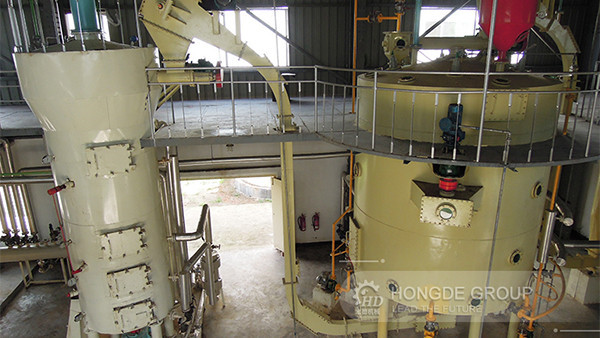
How Is Sunflower Oil Refined? (Discover The Process)
Short Answer. Sunflower oil is typically refined through a process of degumming, neutralization, bleaching, and deodorization. Degumming involves removing phospholipids from the oil with the addition of water and an acid such as citric acid. Neutralization removes free fatty acids from the oil by neutralizing them with an alkali.
Get Inquiry
How Is Sunflower Oil Made? (The Step-by-Step Process)
Sunflower oil is made by pressing the seeds of the sunflower plant. This process extracts the oil from the seeds and then it is refined, bleached and deodorized in order to purify it. After this process, the oil is ready for consumption and can be used for cooking or as a supplement. Sunflower oil is also sometimes used in cosmetics and
Get Inquiry
Sunflower Oil Refinery Plant Process - Oil Expeller
The most suitable temperature for the growth of sunflower seed is 20 ¨C 27¡ãC with abundant water. There are several varieties of seeds available consisting of 36% of Oil to 40% oil-based on cultivated area soil condition and species of the seed. The oil extracted from sunflower seeds either by Screw Press or by Solvent Extraction Process.
Get Inquiry
Sunflower Oil Refined Vs Unrefined: Which One Is The Better
It has a nutty, earthy flavor and aroma. 3. Nutritional Value. Refined Sunflower Oil: Lower in nutrients than unrefined oil due to processing. However, it is still a good source of vitamin E and omega-6 fatty acids. Unrefined Sunflower Oil: Richer in nutrients, including vitamin E, omega-6 fatty acids, and antioxidants. 4.
Get Inquiry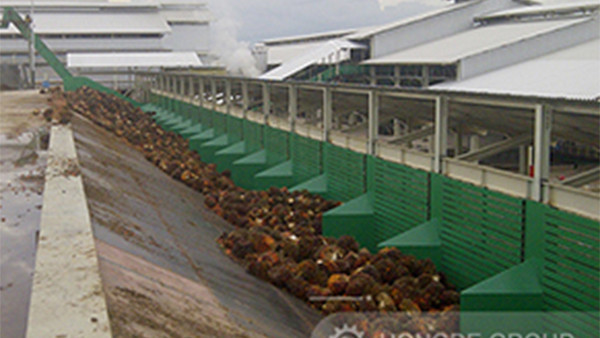
Sunflower oil
Sunflower oil. Sunflower oil is the non-volatile oil pressed from the seeds of the sunflower ( Helianthus annuus ). Sunflower oil is commonly used in food as a frying oil, and in cosmetic formulations as an emollient . Sunflower oil is primarily composed of linoleic acid, a polyunsaturated fat, and oleic acid, a monounsaturated fat.
Get Inquiry
PHYSICAL REFINING OF SUNFLOWER OIL
Sunflower oil has a high nutritional value, having 62-70% linoleic acid content (essential fatty acid) but on the other hand this high polyunsaturated fatty acid content makes this oil sensitive to oxidation. Crude sunflower oil, which has reached a certain level of oxidation is difficult to refine. There are two main difficulties: 1.
Get Inquiry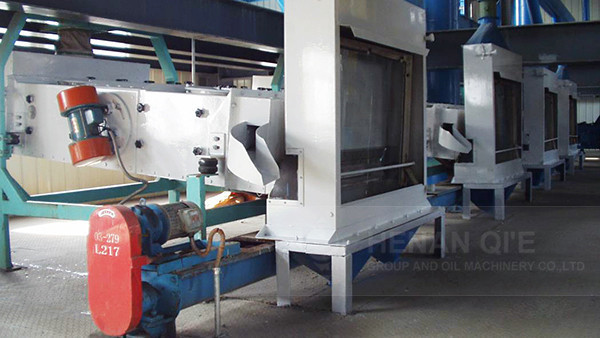
agribusiness handbook - Food and Agriculture Organization
1.5 International trade in sunflower seeds 13 2. SUNFLOWER SEED PROCESSING 15 2.1 Sunflower seed processing into oil 15 2.2 Conversion factors from raw material 18 2.3 Oil composition and physical properties 19 2.4 Key processing costs and margins 19 2.5 World production of sunflower oil and main producing countries21 2.6 Sunflower oil prices
Get Inquiry
Extracting and refining steps of sunflower oil. | Download
Figure 1 represents schematically the main steps of sunflower oil extraction and refining. There are five main stages where there is a potential leak of minor components: Degumming, neutralization
Get Inquiry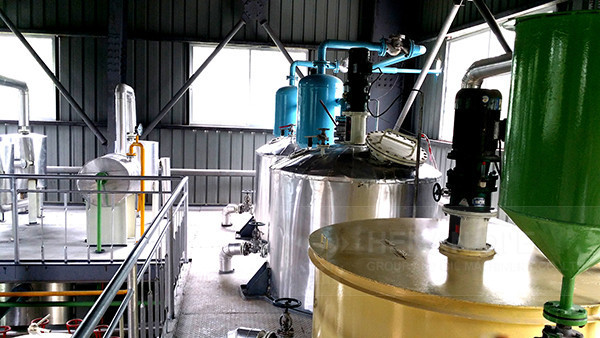
What Is Sunflower Oil? A Guide to Cooking With Sunflower Oil
What Is Sunflower Oil? Like most vegetable oils, sunflower oil, which is extracted from sunflower seeds, is available in both refined (neutral-tasting) and cold-pressed (buttery, nutty) forms. Cold-pressed, unrefined sunflower oil is harder to find in the US and best saved for vinaigrettes and other low-heat applications that can show off its
Get Inquiry
What Is Sunflower Oil?
The original unrefined oil, which has nothing in common with the flavorless refined type used widely for cooking, is characterized by a deep golden color and aroma of toasted seeds¡it is never used for cooking, but only to drizzle on fresh salads in the summer or on a selection of ferments in winter.¡±.
Get Inquiry
